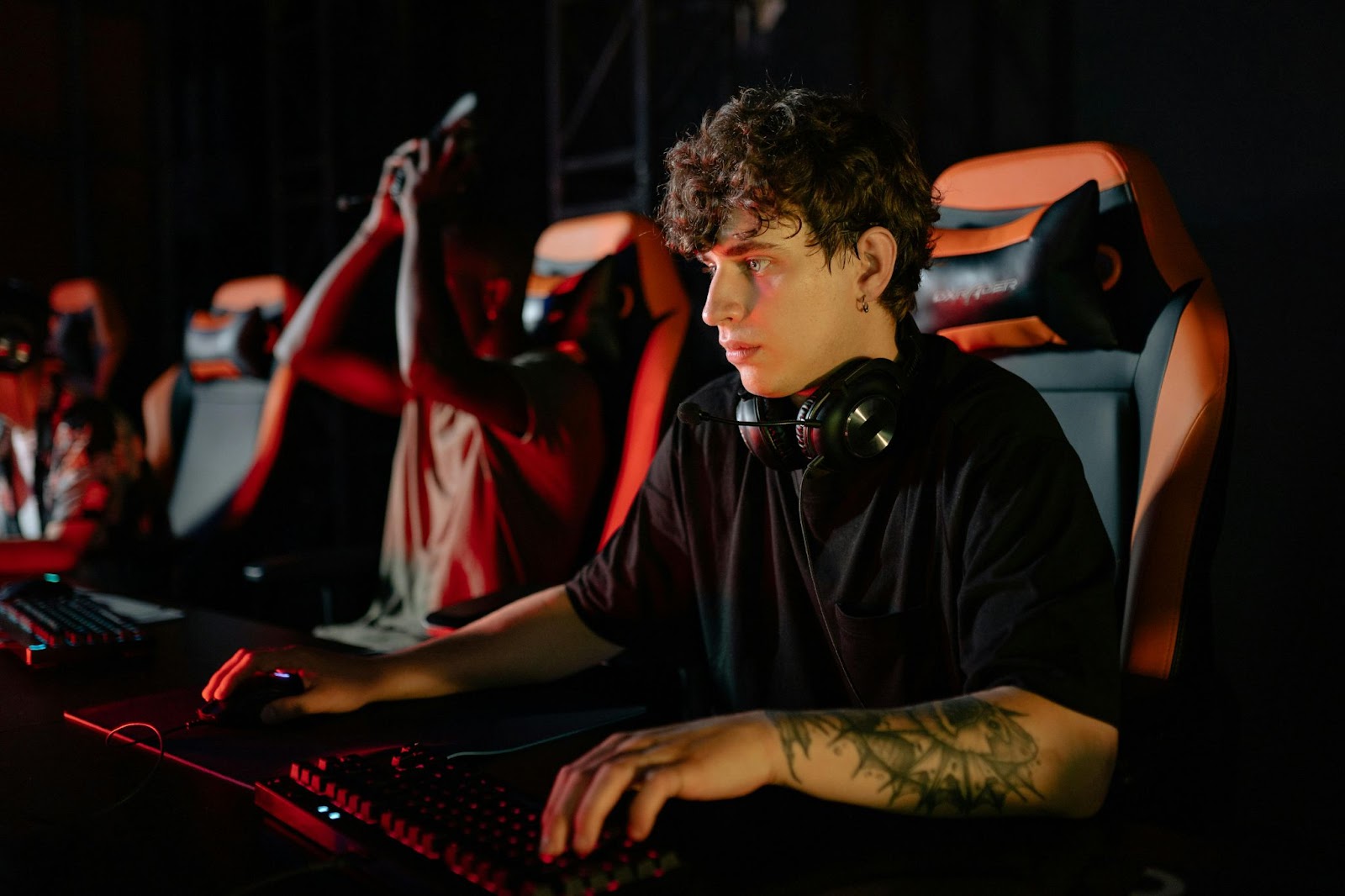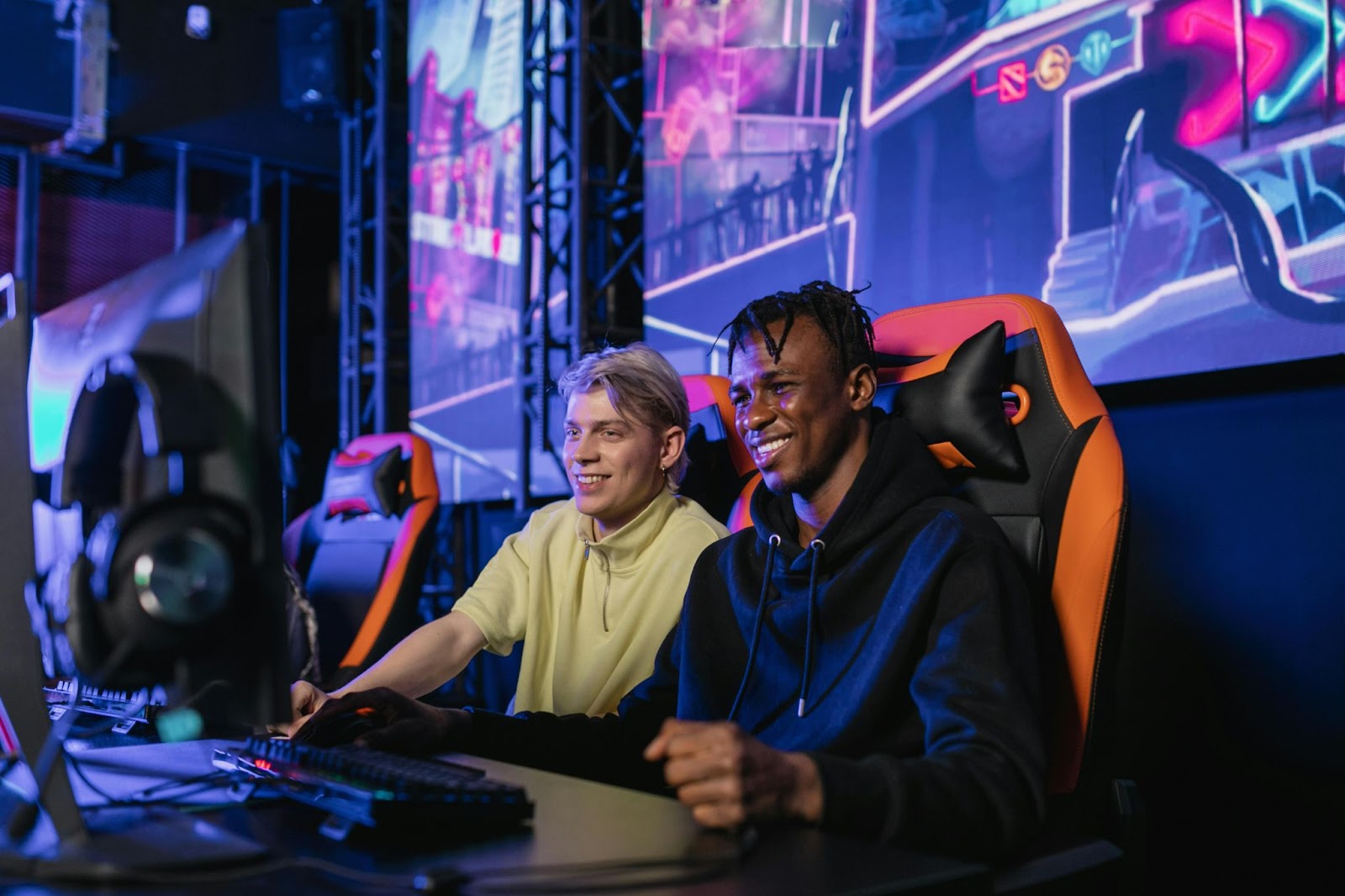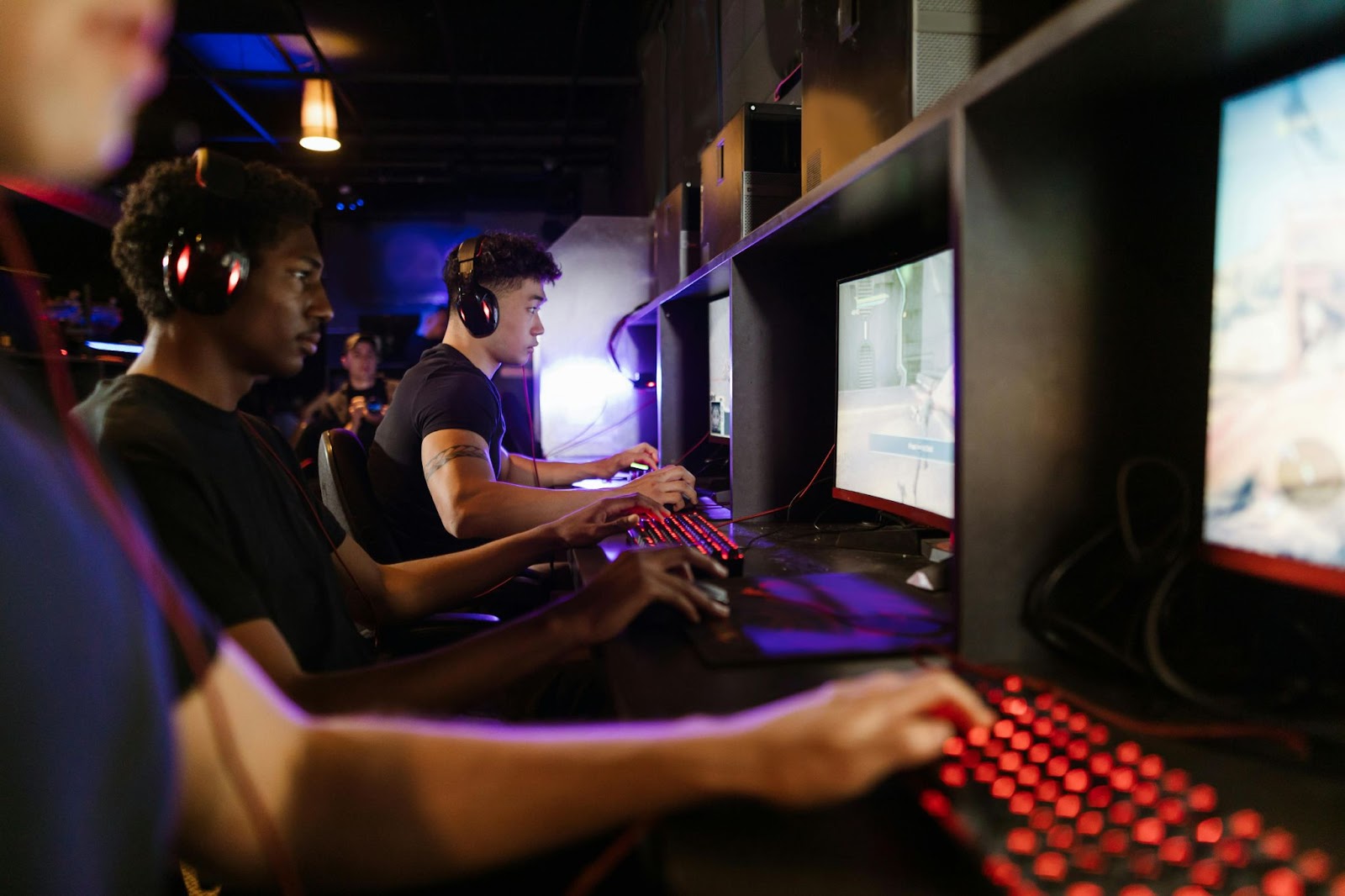As the sun rises on a new era of digital athleticism, esports training is rapidly gaining traction. With millions of fans worldwide, esports isn’t just a pastime anymore; it’s a full-fledged career choice with its own set of rigorous training regimes. This article delves into the world of esports training, shedding light on the ins and outs of this fascinating field. From physical fitness to mental agility, we’ll explore how top players gear up for the virtual battleground.
Esports Training
The realm of esports training is marked by dynamism and precision. Dedicated, player-focused regimens have emerged as cardinal constituents in this digital revolution.
 Importance in the Competitive Arena
Importance in the Competitive Arena
In the competitive esports arena, expert training makes the difference. It separates casual players from professional ones, providing a competitive edge in high-stakes tournaments. For instance, expert training sharpens reaction times, a crucial factor when gaming decisions are split-second. Training also cultivates strategic thinking, transforming players into tactically proficient gamers.
Core Components of Training Programs
Esports training programs aren’t all about gameplay. They blend physical conditioning and mental strength for optimal performance, staying true to the adage of a sound mind in a sound body. Cardiovascular exercises augment the physical endurance of players, while mindfulness practices, such as meditation, helping in maintaining focus during long gaming sessions. Additionally, these programs place due emphasis on skills specific to gaming, like mechanical movements, decision-making, and game sense. An example is Cloud9’s esports training program, which mixes physical workouts, mental conditioning, and game-specific training strategies.
Developing Core Gaming Skills
The difference between esports enthusiasts and professional players lies in the mastery of core gaming skills. Mechanic training and strategic thinking play significant roles in honing these skills.
Mechanic Training
Mechanic training serves as the foundation of success in eSports. It’s the part of the esports training that focuses on honing the necessary gaming skills such as accuracy, speed, and game mechanics. For example, in games like “Counter-Strike: Global Offensive”, enhancing aiming abilities through endless target practices becomes a key part of mechanical skills training. Similarly, in games like “FIFA”, understanding and utilising in-game features effectively, such as sprint speeds or different shooting modes, forms the core of mechanic training.
 Strategic Thinking and Game Sense
Strategic Thinking and Game Sense
Beyond the basic game controls, strategic thinking and game sense make the difference between a good player and an exceptional one. Strategic thinking relates to real-time in-game decision making. For example, in a game like “League of Legends”, deciding when to engage in a team fight or when to go for an objective can change the tide of the match.
Physical and Mental Well-being
Engaging in esports may appear primarily digital, but physical health and mental fortitude play substantial roles in the success and longevity of a player.
Importance of Physical Fitness in Esports
Physically fit players typically outperform their less healthy counterparts in esports. They possess superior reaction times, higher stamina, and increased hand-eye coordination essential for maintaining peak performance levels during long gaming sessions. For instance, Cloud9, a renowned gaming organization, incorporates physical fitness into their training regimen, underscoring the link between bodily health and gaming capabilities.
 Mental Resilience and its Role in Performance
Mental Resilience and its Role in Performance
Similarly vital in esports is mental resilience. It enhances focus, decision-making abilities, and emotional control—all key factors that influence in-game performance. In high-pressure gaming situations, encountering a sudden setback can cause stress and anxiety. Mental resilience enables players to sustain their composure, bounce back confidently, and adapt effectively, even after making a costly mistake.
Technology and Tools in Esports Training
Esports training has truly come of age. It’s no longer just about gaming skills but a comprehensive approach that includes physical fitness and mental resilience. The industry’s shift towards this holistic model, as exemplified by Cloud9, underscores the importance of overall well-being in achieving esports success. It’s clear that to excel in the competitive gaming landscape, players must focus not only on honing their game-specific skills but also on improving their physical fitness and mental agility. The use of mindfulness techniques in training regimens further underscores the role of mental resilience in enhancing player performance.